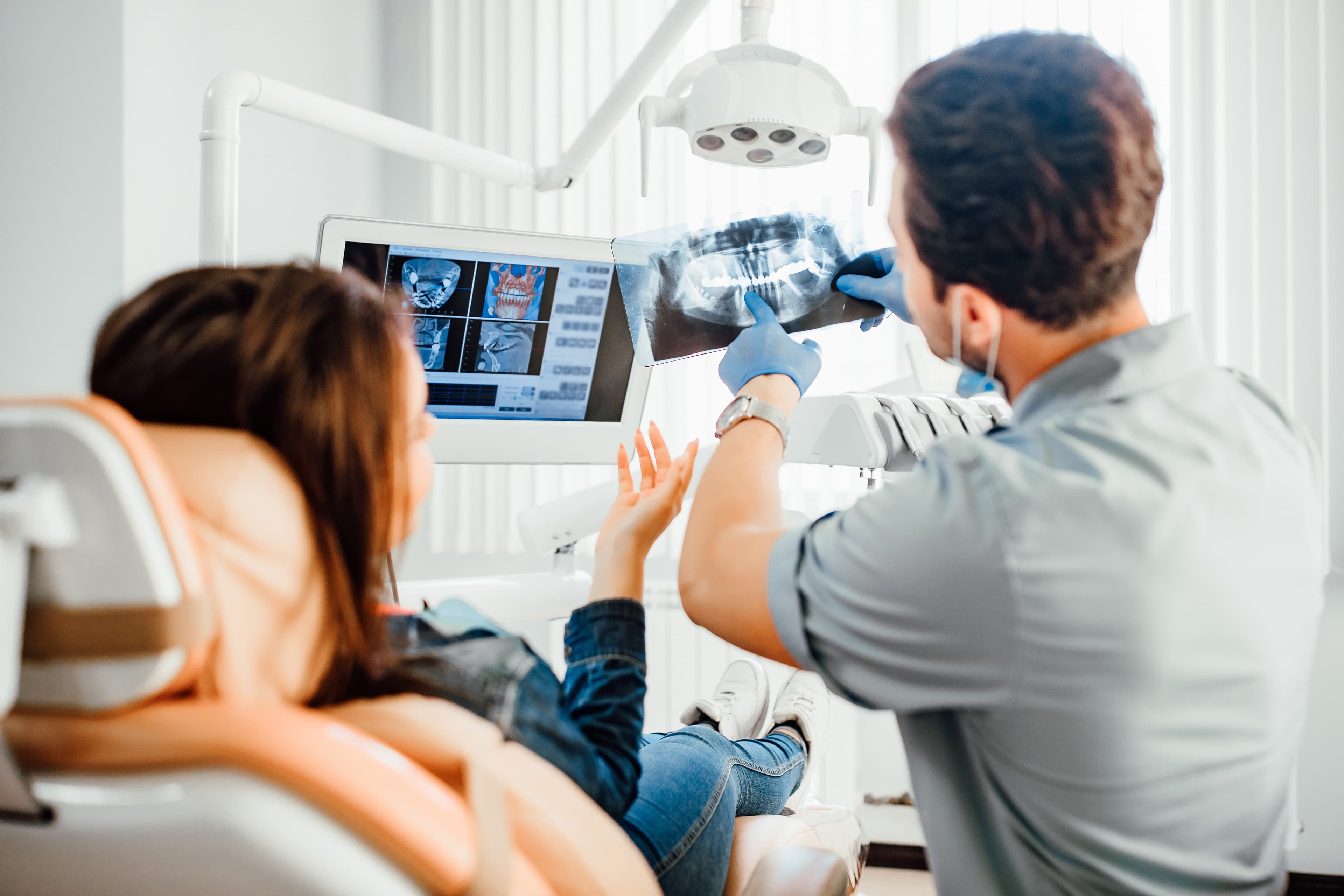Root Canal Treatment in London
From £495.00
Save infected or damaged teeth with expert root canal therapy. Gentle, professional care to relieve pain and restore your smile.


From £495.00
Effective Treatment for Infected or Damaged Teeth
Root canal therapy is a safe, reliable way to treat infection inside a tooth and avoid extraction. At Medical & Dental, we offer high-quality root canal treatment to remove infection, relieve pain and preserve the natural tooth whenever possible. Our dental team uses modern techniques and a careful approach to ensure your comfort at every step.
When Do You Need a Root Canal?
You may require a root canal if the pulp (inner tissue) of your tooth becomes infected or inflamed. Signs include:
- Persistent toothache or throbbing pain
- Sensitivity to hot or cold
- Pain when biting or chewing
- Swelling around the tooth or gum
- Darkening or discolouration of the tooth
- A pimple or bump on the gum (possible abscess)
What Happens During a Root Canal?
1. Assessment and Diagnosis
Your dentist will assess the affected tooth using clinical examination and imaging (such as X-rays).
2. Removal of Infection
The infected pulp is removed under local anaesthetic. The root canals are then cleaned, shaped and disinfected.
3. Sealing the Tooth
The canals are sealed with a biocompatible material. In most cases, a crown or filling is added to protect the tooth.
Why Choose Medical & Dental for Root Canal Therapy?
- Pain-relieving care with your comfort as a priority
- Skilled clinicians with experience in endodontics
- Prompt appointments and efficient treatment
- Tooth-preserving approach whenever possible
- Calm and modern dental setting

We Are Here!
Mon-Fri from 9am to 5pm





